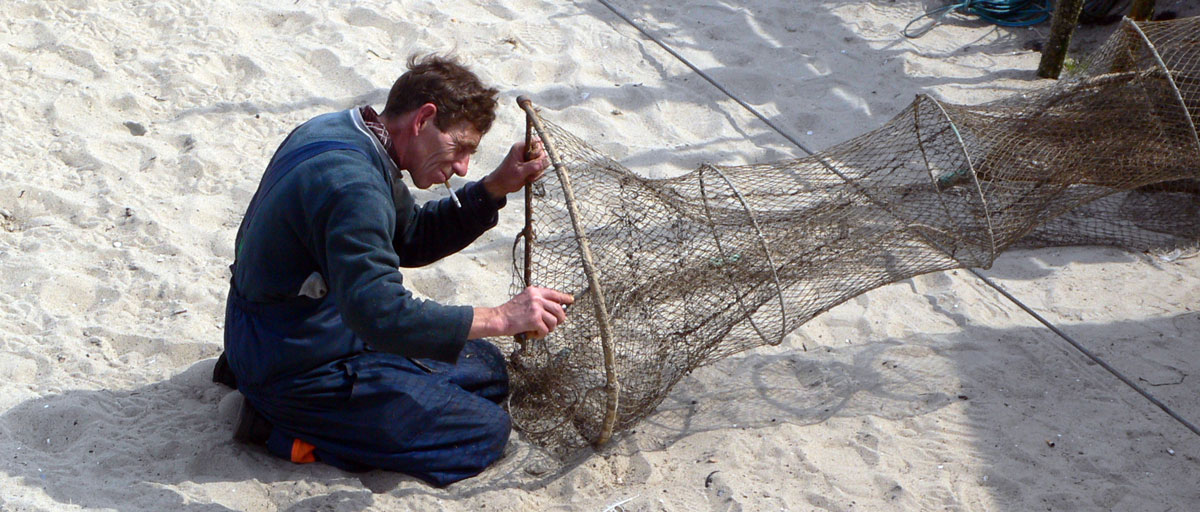Modeling Social–Ecological Scenarios in Marine Systems
Summary
Human activities have substantial impacts on marine ecosystems, including rapid regime shifts with large consequences for human well-being. We highlight the use of model-based scenarios as a scientific tool for adaptive stewardship in the face of such consequences. The natural sciences have a long history of developing scenarios but rarely with an in-depth understanding of factors influencing human actions. Social scientists have traditionally investigated human behavior, but scholars often argue that behavior is too complex to be represented by broad generalizations useful for model and scenarios. We address this scientific divide with a framework for integrated marine social–ecological scenarios, combining quantitative
process-based models from the biogeochemical and ecological disciplines
with qualitative studies on governance and social change. The aim is to
develop policy-relevant scenarios based on an in-depth empirical
understanding from both the natural and the social sciences, thereby
contributing to adaptive stewardship of marine social–ecological
systems.







